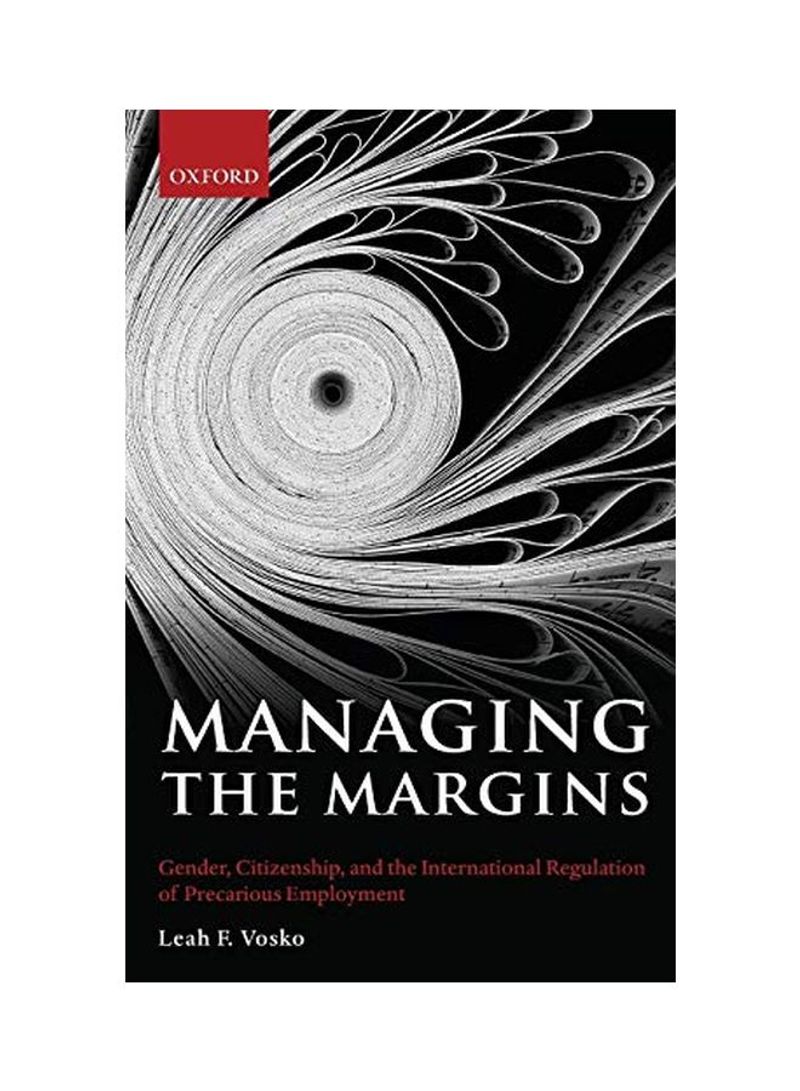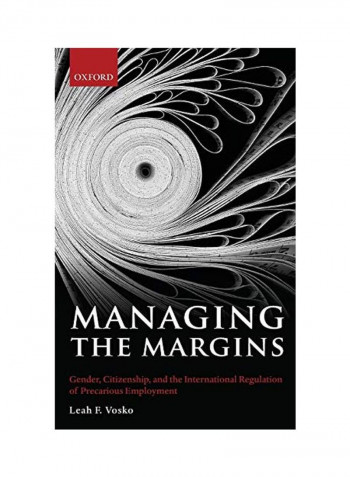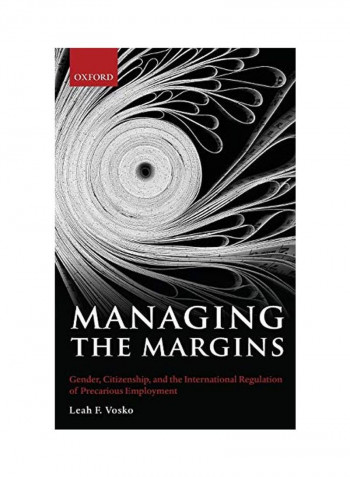Managing The Margins Hardcover
Recommend
Sort by
Rating
Date
Specifications
Author 1
Leah F. Vosko
Book Description
This book explores the precarious margins of contemporary labour markets. Over the last few decades, there has been much discussion of a shift from full-time permanent jobs to higher levels of part-time and temporary employment and self-employment. Despite such attention, regulatory approaches have not adapted accordingly. Instead, in the absence of genuine alternatives, old regulatory models are applied to new labour market realities, leaving the most precarious forms of employment intact. The book places this disjuncture in historical context and focuses on its implications for workers most likely to be at the margins, particularly women and migrants, using illustrations from Australia, the United States, and Canada, as well as member states of the European Union.
ISBN-13
9780199574810
Language
English
Publisher
OUP Oxford
Publication Date
Oxford University Press
Number of Pages
330
About the Author
Leah F. Vosko is Professor of Political Science and Canada Research Chair in Feminist Political Economy at York University, where she teaches comparative political economy, public policy, and women and politics. She is the author of Temporary Work: The Gendered Rise of a Precarious Employment Relationship (University of Toronto Press, 2000), editor of Precarious Employment: Understanding Labour Market Insecurity in Canada, and co-author of Self-Employed Workers Organize: Law, Policy and Unions (McGill-Queen's University Press, 2006 and 2005 respecitvely). She is currently overseeing a multi-year collaborative international research project on comparative perspectives on precarious employment, the Comparative Perspectives Database (CPD), linked to the Gender and Work Database (GWD) project (www.genderwork.ca).
Author 2
40513
Editorial Review
An invaluable contribution... This integrated approach (linking citizenship, employment norms and gender relations) is so rare because it is so complex, and most significantly it allows us to think about labour market regulations in terms of the actors involved. * Work, Employment, and Society *



